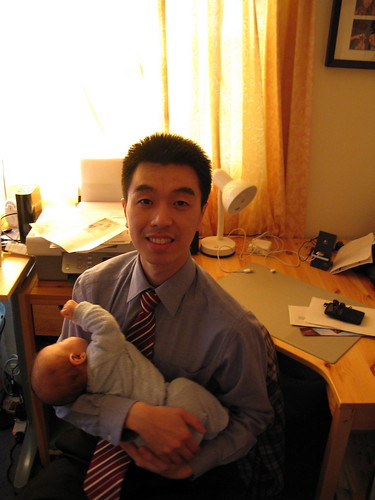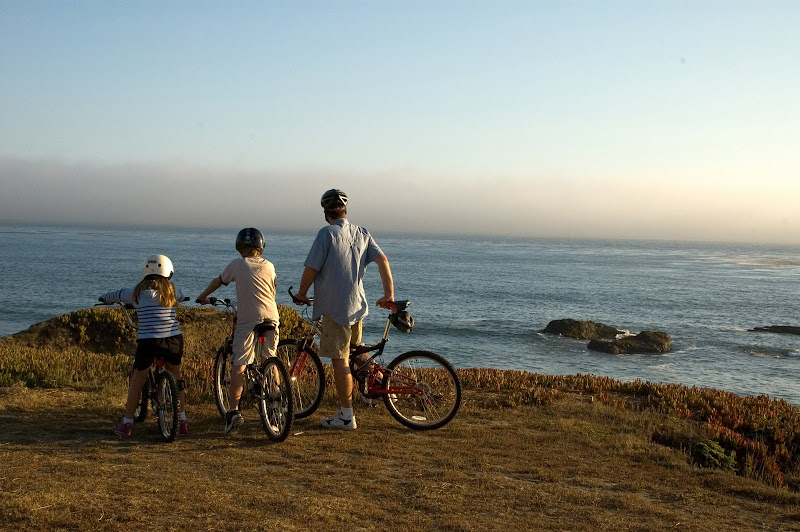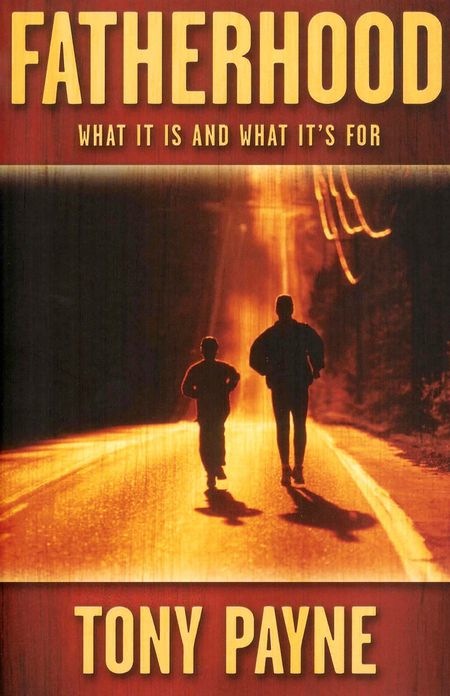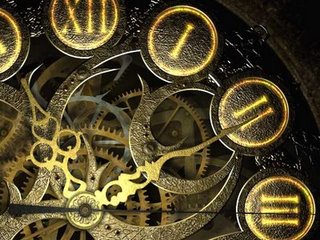This is a typical non-reply from Wayne Swan during parliamentary sitting today. Seriously, he doesn't answer the questions, he can only get personal, and much of what he says makes no sense. May God help us, and help me to keep praying for such incompetent leaders, who can't admit their short-falls. Not everyone can understand economics, but when you don't, then you should not try to be a Treasurer, there are many other good ministries, such as Forestry, Health, Ageing, Sport, or if you like, even join a Union. Good leadership is service, knowing your strengths, and your weaknesses. It is also a generosity of heart to admit your limitation and let someone else do the job. I hope Mr Swan turns for the better, and not just become more embittered. But in the following speech, we can see that:
1) He does not understand that inflationary expectations and strong economy can cause inflation.
2) He keeps blaming INFLATION on the previous Liberal government, but claims Job Growth figures for Labour (how can a government of 2months cause that much job growth)
3) Does he think of international pressures on our economy?
4) When he has nothing to say, he gets personal. (Well I feel better for calling him names [deleted in hindsight]... How weird and wonderful our world is that select such leaders?)
5) Could we stop blaming the Liberals (check his webpage: http://www.swanmp.org/) and just get on with it?
This is part of the transcript from HANSARD, www.aph.gov.au:
NB Member for Wentworth=Mr Turnbull; Lilley=Mr Swan.
"Mr TURNBULL (2.19 pm)—My question is addressed
to the Treasurer. I refer the Treasurer to the
statement of the Reserve Bank Governor, Glenn Stevens,
on 11 December last year when he said:
When people expect prices to rise rapidly, they bring forward
purchases, put up their own prices, demand higher wages and
so on. That helps to create the very inflation they expect.
Does the Treasurer accept that his statement the day
before the Reserve Bank met in February that ‘the inflation
genie is out of the bottle’ served to fuel inflationary
expectations? Does the Treasurer really understand
what he is doing to the Australian economy?
Mr SWAN—I thank the member for his question.
No, I do not accept that at all. I absolutely do not ac-
cept that. We have a plan to modernise this economy.
We have a plan to deal with the legacy that was left to
this government by the previous government—the
highest inflation in 16 years. Inflation just did not suddenly
commence at 9 am on 26 November, as the
member opposite would pretend. There is an inflationary
problem in this country and, when we see a problem,
we have to correctly identify that problem and we
have to deal with it, and that is what this government
has been doing. We have been dealing with the inflationary
problem left to us by those opposite by putting
in place our five-point plan, by reining in reckless expenditure.
We had the report from the Treasury the
other day which identified the fastest increase in
spending in any four years in the past 16 years. Of
course, the member for Wentworth, as usual, went into
denial. The member for Wentworth is in denial about
the inflation rate. He cannot agree with the ABS. He
cannot agree with the RBA.
...
Mr SWAN—The figures are good news, particularly
for those Australians who have good jobs. We all
celebrate that. We are the party of jobs. It goes to the
very core of our existence. We would never do what
those opposite do, which is put in place legislation like
Work Choices, which ripped away wages and working
conditions. We on this side of the House have some
core beliefs—unlike those on that side of the House,
who have no core beliefs anymore. So we celebrate.
We celebrate the jobs figures today. An extra 36,700
jobs were created in February—a very solid increase in
full-time employment and very good as well in the
states of New South Wales, South Australia and Victoria.
We celebrate those outcomes.
...
Only yesterday we had the member for Wentworth
give a speech—a spectacular speech. There were 4,000
words in that speech but not one positive alternative
policy or solution—not one. There were 4,000 words in
that speech, but he could not come up with one positive
policy alternative—and we know why: he does not
have a plan to control inflation. He has not got his eye
on what is going on with inflation. He has not got his
eye on what is going on with productivity. He has not
got his eye on anything. He has one plan. It is a plan
for the Leader of the Opposition—a question of when.
Put him out of his misery and take him out."





 I love giving things, especially when they will be used for good purposes.
I love giving things, especially when they will be used for good purposes.















